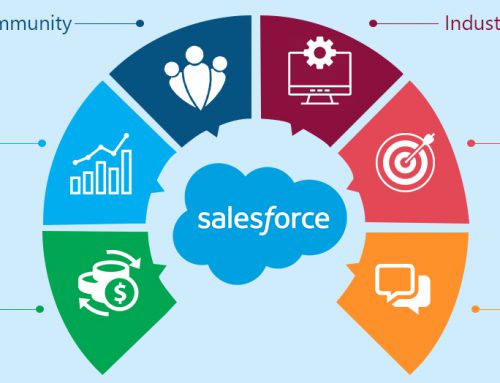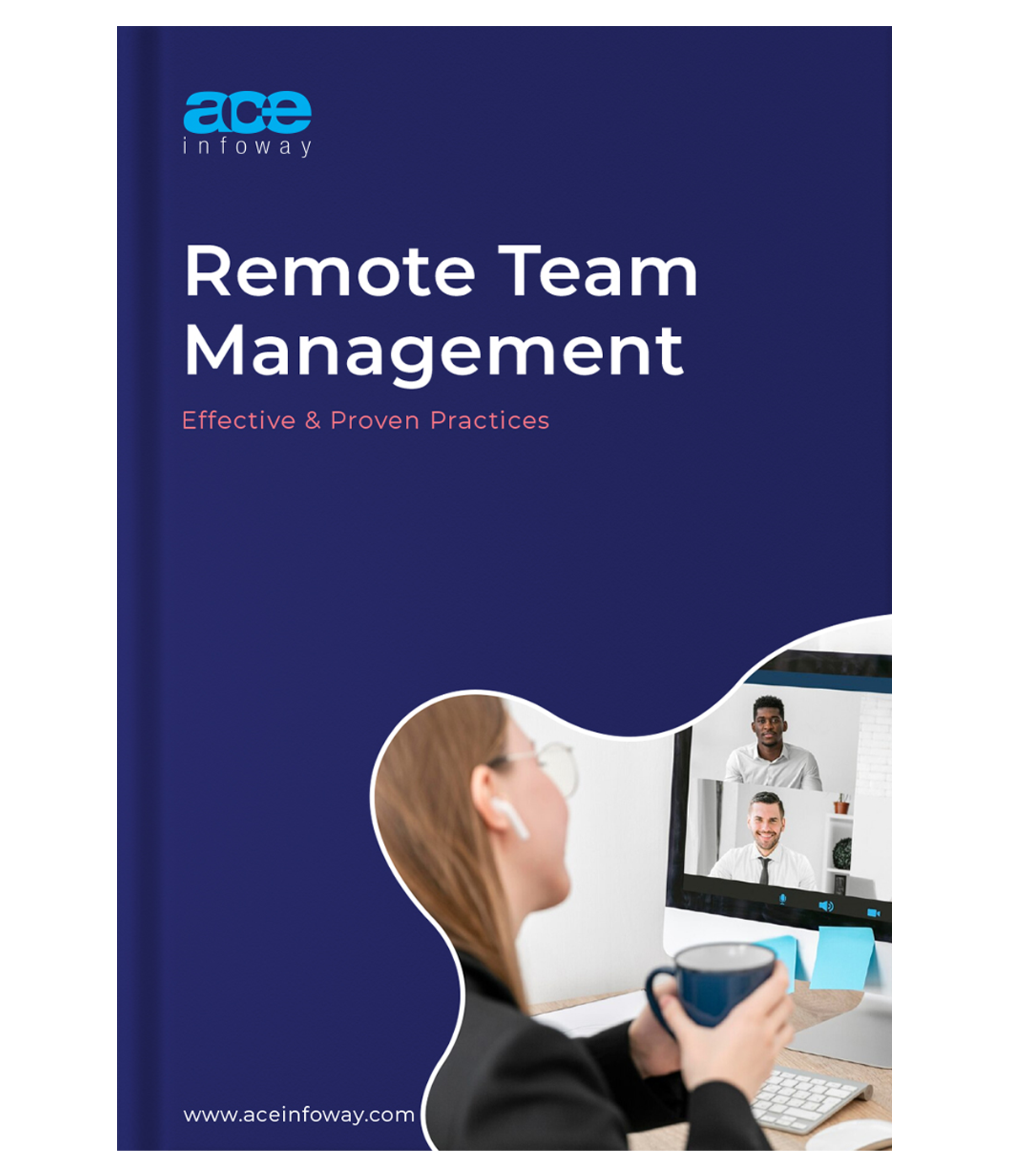Table of Contents
Well, the actual future might be a lot promising than what the title sounds like but in the context of this article, yes it is definitely worth taking a serious look at the current state of CMS trends.
In a spectrum ruled by enterprise and open source CMS platforms, Headless CMS is going to change the dynamics of business strategy on a larger scale, as well as content publishing, marketing, eCommerce and others at a very niche level.
What’s Headless CMS all about?
Unlike the traditional CMS, a Headless CMS has a decoupled front end and back end and they both are independent of each other. This means the content and user experience layer of a website is separate from the business functionality of the back end. The biggest advantage of it is that you can isolate them and focus on improving specific key areas without worrying about the impact of it on the other part.
Why Everyone is Talking About it?
In the early days the good old simple desktop experience would be solely responsible for driving the traffic, user experience and conversions. This meant marketers only had to worry about the content delivery on the front end.
Enter omnichannel experience.
In the omnichannel experience the game becomes relatively complex with multiple customer touch points resulting throughout the buying journey. Upgrading the existing full-stack solution would mean running the changes meant only for the front end through the entire system, costing time, money and subjecting potential risk.
Secondly, well established brands with huge content repository looking to expand their presence in the eCommerce space are more than happy to adopt the Headless strategy which allows them build a totally new commerce engine on top of the existing CMS, saving them valuable time in migrating their data and investing in a new CMS from scratch.
Benefits of Headless CMS…
-
Speed
-
Personalization
-
Flexibility
-
Customization
Who can benefit the most?
A Headless CMS candidate is any content oriented business where the scope of personalization, one to one experience and contextual delivery is massive and the industry is undergoing updates at a lightning speed.
A good example would be the distribution of content in the context of digital publishing. A Headless CMS would separate the administrative functions from all the front end display channels. This will allow the users to focus more on the content itself rather than trying to fit it as per the front end display experience, just like in WordPress.
What Next?
It is worth exploring so as to improve your content delivery process/platform and also get benefit of aspects like personalization. Technology Partners can vet your needs and accordingly suggest an appropriate CMS, irrespective of whether it is a Headless CMS or not.

























Leave A Comment